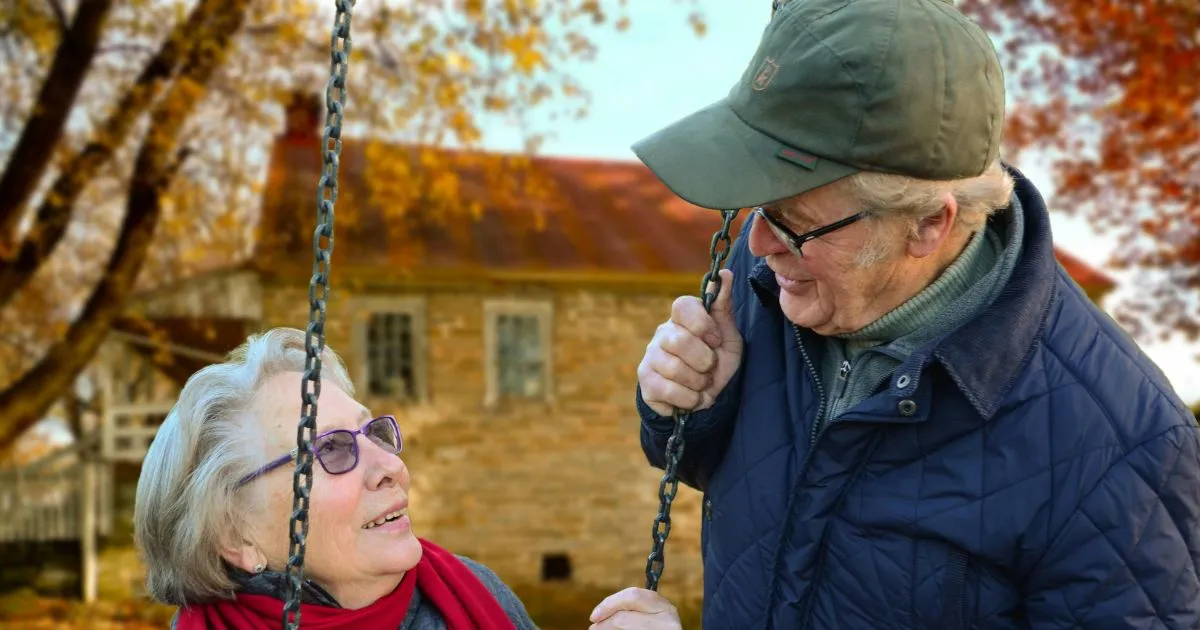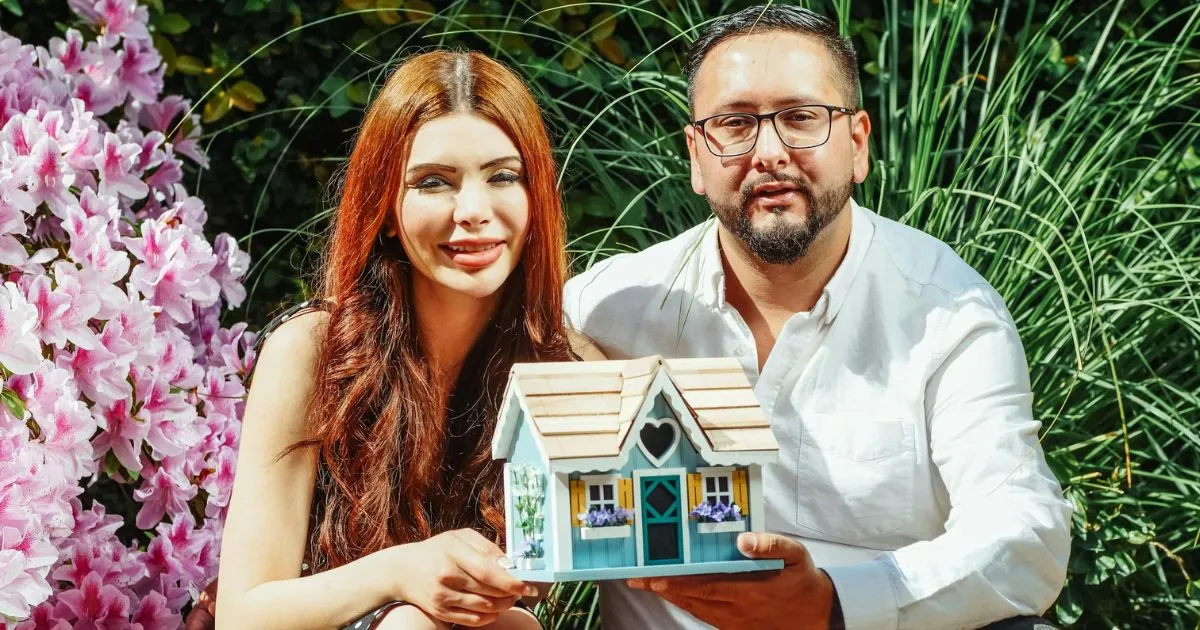
lasting marriage is one of the most significant commitments two people can make, and its longevity often reflects societal, cultural, and individual factors. Around the world, marriage dynamics vary significantly, shaped by local culture, values, and lifestyle. When examining where marriages tend to last the longest, the focus often shifts to regions that uphold traditional family values, have strong cultural bonds, and prioritize stability in relationships. According to various studies and statistical data, countries like Italy, Canada, Japan, and India consistently stand out for their high rates of long-lasting marriages.
This article explores why marriages in these regions endure, shedding light on the cultural, economic, and social factors that contribute to marital stability. Additionally, we will delve into how these lessons can inspire couples worldwide to cultivate lasting relationships.
The Global Heartlands of Lasting Love
Regions like Southern Europe, parts of Asia, and North America are renowned for their family-centered cultures and strong community ties. Data from global marriage and divorce studies reveal that countries such as Italy, Japan, and Canada have some of the lowest divorce rates in the world. The following factors play a pivotal role in fostering long-lasting marriages in these regions:
Strong Community and Family Bonds
In countries like India and Italy, families play an integral role in marriage. Extended family members often actively participate in the couple’s life, offering guidance and support. This strong familial network provides couples with a robust support system that helps them navigate marital challenges. Friends and family often mediate conflicts and encourage reconciliation during tough times.
In India, arranged marriages are common and often result in long-lasting unions. While some might view this tradition as outdated, research shows that arranged marriages tend to be stable due to the compatibility assessments made by families and the social expectations tied to them. Similarly, in Italy, the concept of “la famiglia” (the family) is central to daily life, creating a solid support network for couples.
Cultural and Religious Traditions
Cultural norms and religious values strongly influence marriage longevity. In Japan, for instance, traditional values emphasize harmony, respect, and mutual obligation within the marriage. These principles, rooted in Confucianism and Buddhism, promote patience and long-term thinking in relationships. Japanese couples often place a strong emphasis on family reputation, further encouraging stability.
India’s diverse religious practices, including Hinduism, Islam, and Christianity, all hold marriage in high regard. Marriage ceremonies are often elaborate, symbolizing the importance of the union. This cultural emphasis on marriage as a sacred bond helps couples to view their relationship as more than a personal commitment but as a spiritual and social one.
Economic Stability and Lifestyle Factors
Economic stability plays a critical role in marital success. Countries with robust social safety nets and affordable living conditions, like Canada, reduce financial stress—a leading cause of divorce. In Italy, the emphasis on a relaxed lifestyle, family meals, and work-life balance allows couples to spend quality time together, fostering intimacy and understanding.
Canada’s universal healthcare and family-friendly policies, such as parental leave and child benefits, ease financial burdens on families. Couples in economically stable environments are less likely to face stressors that could lead to marital discord. Additionally, in Scandinavian countries like Sweden and Norway, gender equality and shared responsibilities further contribute to balanced and enduring relationships.
related : Balancing Between Your Parents and Your Own Family: Finding Harmony Without Guilt
Shared Responsibilities and Gender Roles
In many cultures where marriages last, there is an emphasis on partnership and shared responsibilities. In Scandinavian countries, for instance, equality in parenting and household duties is highly valued. Governments provide extensive parental leave for both mothers and fathers, creating a sense of shared responsibility and mutual respect.
In Japan, traditional gender roles have started to shift in recent years, with younger couples embracing a more balanced division of labor. This cultural evolution is gradually helping marriages adapt to modern expectations while maintaining traditional values.
Premarital Education and Counseling
Programs aimed at strengthening marriages, such as premarital counseling and workshops on conflict resolution, are prevalent in countries like the United States and Canada. These resources help couples build a solid foundation for their marriage by addressing potential challenges before they arise. In India, family elders often play a similar role by advising young couples on how to navigate marital life.
The Role of Romance and Tradition
In regions like Southern Europe, romance plays a significant role in marital longevity. In Italy and Spain, couples often maintain traditions such as date nights, shared meals, and frequent expressions of love and appreciation. These small but meaningful gestures help keep the spark alive in relationships.
Meanwhile, in India, rituals like Karva Chauth, where wives fast for their husbands’ well-being, and anniversaries celebrated with extended family reinforce the bond between couples. These traditions, while rooted in culture, act as regular reminders of the importance of nurturing the relationship.
Key Lessons from Around the World

While regional factors undoubtedly influence marriage longevity, couples everywhere can adopt practices inspired by these global examples to strengthen their own relationships. Here are some actionable steps:
- Foster Strong Social Networks: Surround yourselves with supportive friends and family who value your relationship.
- Prioritize Communication: Effective communication is the cornerstone of any successful marriage. Make time for open and honest conversations.
- Focus on Financial Health: Work together to create a budget, save for the future, and reduce financial stress.
- Embrace Cultural Traditions: Incorporate meaningful cultural or religious traditions into your relationship to deepen your bond.
- Seek Guidance When Needed: Don’t hesitate to seek professional counseling or advice from trusted mentors to navigate challenges.
- Celebrate Milestones Together: Mark anniversaries, birthdays, and other special occasions as opportunities to strengthen your bond.
Why Longevity Matters in Modern Marriages
In today’s fast-paced world, lasting marriages offer a sense of stability and fulfillment that extends beyond the couple to their families and communities. Children raised in stable households benefit from consistent support and role models for healthy relationships. Moreover, long-lasting marriages contribute positively to mental and physical health, as research indicates that married individuals often enjoy lower rates of depression and chronic illness.
Lessons for a Changing World
As societies become more interconnected, there is an opportunity to learn from global practices and apply them locally. For instance, adopting Scandinavian policies around shared parental leave or embracing the deep family ties seen in Indian and Italian cultures can help couples worldwide strengthen their relationships.
The regions where marriages last the longest provide invaluable insights into the cultural, economic, and social factors that promote marital success. By prioritizing family values, community support, and a balanced lifestyle, these regions have established a blueprint for enduring relationships. For couples around the world, adopting these principles can pave the way for fulfilling and lasting love. Whether you’re newly married or celebrating decades together, the lessons from these global heartlands can serve as a reminder that strong, lasting love is possible with commitment, effort, and mutual respect.
By learning from diverse cultures and integrating proven practices into our own relationships, we can create marriages that not only endure but thrive in an ever-changing world. Let these global examples inspire you to prioritize your bond, nurture your love, and build a relationship that stands the test of time.
“A great marriage is not when the ‘perfect couple’ comes together, but when an imperfect couple learns to enjoy their differences.”
Dave Meurer



